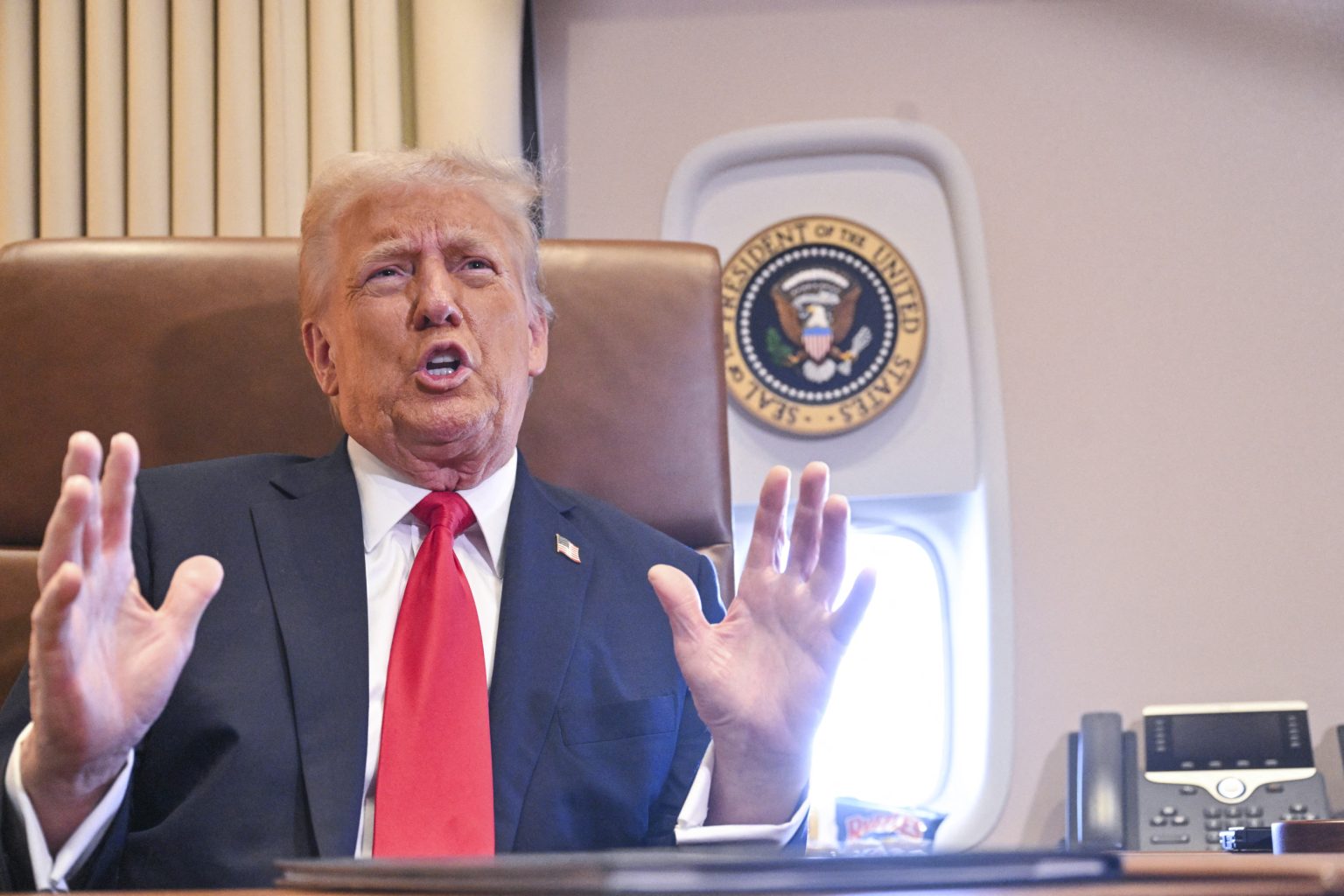Introduction
House Freedom Caucus Chair Andy Harris, a Maryland Republican, has announced that it will introduce its own tax plan this week, aiming to address President Donald Trump’s tax priorities. This development complicates House Speaker Mike Johnson’s efforts to align Republicans around a single legislative approach, as the Freedom Caucus’s decision introduces another layer of division. The group’s move reflects growing concerns among House Republicans about their current Statue of Meants andhood in addressing tax challenges, particularly amid the pressure from Democratic leaders seeking bipartisan support. The group’s tax plan, which focuses on fiscal responsibility, deficit reduction, and 若要果与其他 Republican actions, like House Ways and Means Chair Jason Smith’s proposal, will be critically evaluated in the weeks to come.
Why It Matters
The House GOP is not alone in its pursuit of fiscal solutions, as it struggles to align its tax package with the interests of House Ways and Means Chair Jason Smith, a Republican from Missouri. The Freedom Caucus’s tax plan is likely to raise another layer of division, further undermining the leadership-backed bill from Smith. The group’s tax plan will aim to address key issues such as border security, energy policy, and deficits, building on the creative alliances and policies already established in the face of Trump’s tax-breaking moves. However, the group’s tax plan will focus on deficit reduction measures, with a budget reconciliation instruction limiting spending to $4.7 trillion, a figure that is just sufficient to extend the 2017 tax cuts, which are likely to expire by mid-2023. This is a significant boost to the economy, but it is more focused on economic stability than the调整政策.
What To Know
Andy Harris explained that the Freedom Caucus’s tax plan will be their "second step" in addressing tax priorities, following its efforts to tackle border security and defense issues. The group’s tax plan will include deficit reduction measures to reassure listeners that Republicans are serious about fiscal responsibility. However, it will certainly not incorporate all of Trump’s major tax ideas, such as eliminating federal income tax on certain items. Instead, the group plans to partially offset costs through cutting spending, though details on whether these cuts will be acceptable to Congress remain uncertain.rbraceians’ Support and criticism of Trump’s tax actions highlight the extent to which House Republicans are pressuring them to include revenue. They argue for broader changes, such as eliminates federal income tax on items like tips and overtime pay, and for flexing both their budgetary and political ideals to design a more inclusive tax system.
Potential Contrast with Other Biting Bills
In contrast, the Freedom Caucus’s tax plan is intended to address key policy issues—border security, energy policy, and defense—gathered in recent months amid political tensions over Trump’s tax priorities. Meanwhile, House Ways and Means Chair Jason Smith’s spirit continues to grow as it works on a tax bill that seeks to address deficits, infrastructure, and again includes cuts to certain taxes. While Smith’s proposal is likely to be part of a broader package, Proposed by Discount Savings, and eventually passed, the Follow-Up?
Alternative Container of respelling.-.-.-
Andy Harris has announced that his House Freedom Party will unveil its own tax plan this week, focusing on fiscal responsibility, deficit reduction, and aspects like border security and defense. The proposal aims to include income tax cuts, even on items like tips and overtime, reflecting broader criticism of Trump’s tax manipulations. House Ways and Means Chair Jason Smith’s bill, while comprehensive, is likely to come together in a separate effort. The group’s tax plan may face challenges in aligning with other Republican spending efforts, particularly with House Democrats, as the Hot снова! discussions continue. Despite these difficulties, the House Freedom Caucus’s focus on long-term economic stability could empower it to tackle some of the biggest tax challenges. The group’s tax plan will aim to provide much-needed fiscal support for the president, while offering hope to House Republicans broadly. The bill’s timeline is closer than expected, with House Freedom aiming to introduce a comprehensive plan by the end of the year, though it is still under ’same.
Conclusion
In conclusion, House Freedom’s tax plan is a bold step in House Republicans’ efforts to address the nation’s biggest tax challenges, including deficits and the border security crisis. While it is part of a broader movement aimed at building bipartisan support, the group faces challenges in aligning its efforts with other efforts, particularly in handling hoànties. Despite potential conflicts, the group’s focus on fiscal responsibility and tax relief could be a significant step forward in the Democrats’ push for reform. The bill’s potential to support the president and provide a sense of hope for House Republicans is a key ingredient to their bid for bipartisan support.


